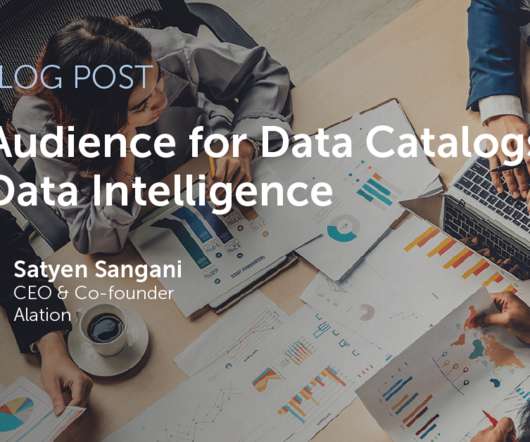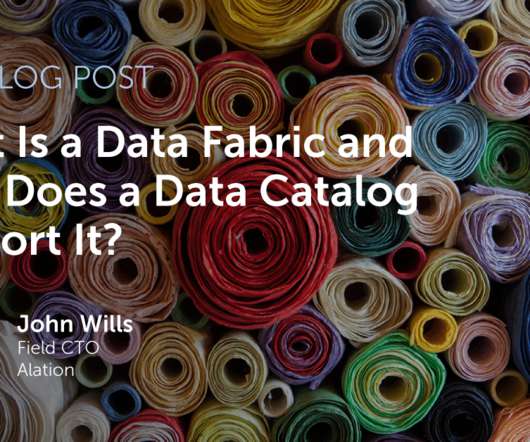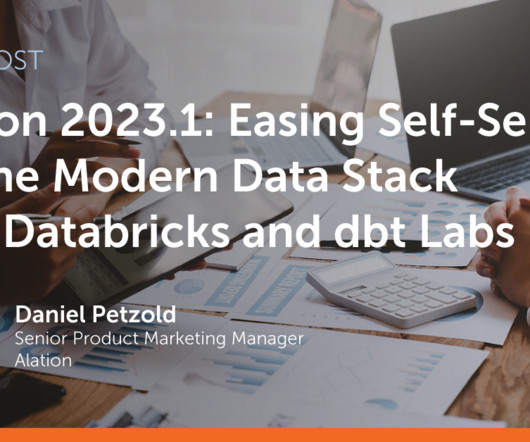The Three Things Data Practitioners Struggle With
Dataversity
SEPTEMBER 8, 2023
Data Management has never been more critical than today. As AI grows more prominent, data initiatives are more important than ever. As the digital age propels us forward, the need for robust DataOps strategies becomes evident. Data-focused practitioners have a unique relationship with data.













Let's personalize your content